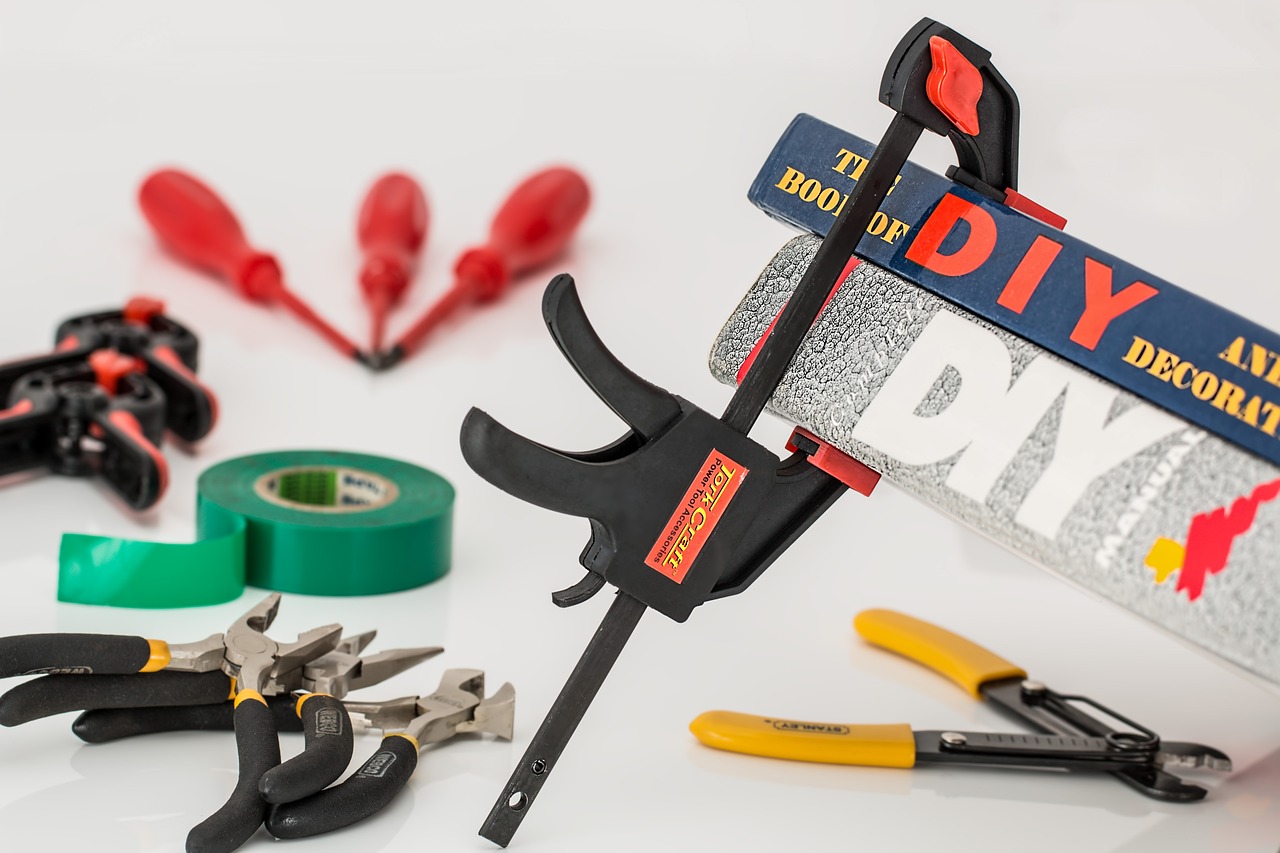There are some things that should NEVER be included in your will –
- Conditions
Conditions such as leaving your car to your sister on the basis of her having divorced your brother-in-law, are not legal and are difficult to enforce.However you wish to make some form of encouragement, such as leaving an item to your granddaughter on her graduation, then this would be acceptable, although again it could be difficult to enforce. - Funeral arrangements
A will is not the right place to set out your funeral wishes. Although some people do include a clause as to whether they wish to be buried or cremated. Funeral arrangements tend to be made before the will is released, which means they won’t be seen in time.The best plan is to discuss your funeral plan with your next of kin or executors, and leave them a written note of your wishes. - Gifts to pets
It is not legally possible to pass assets on to an animal.You could arrange a plan for your pet’s care following your passing, either with someone you trust or an organisation. You may also consider making a donation to a relevant animal charity. - Jointly held assets, life insurance and pension benefits
If you hold property as a joint tenant, when you or the other joint tenant dies, the surviving party will automatically own the entire property. There is no point whatsoever in including joint property in your will.The same applies to any joint bank accounts to savings.If you are a partner in a business, it is unlikely that you will be able to will your share to anyone without the prior agreement of the other business partners.
Pension plans and life insurance often require the holder to appoint a beneficiary of the plan. The named beneficiary will receive these when you die which means they cannot be left in your will.
- Anything you don’t own outright
Belongings that are funded by a finance agreement, will not be abled to be listed in your will as they are not legally yours to gift.Items such as leased cars, or a high value laptop on a hire purchase agreement, will usually have to be returned to the finance provider.
If you would like to keep up with our latest posts and advice about estate planning through the regular advice that we provide to our clients, then please follow us on
Twitter at ADouglasWills
Facebook at AndrewDouglasWills
Instagram at adouglaswills









